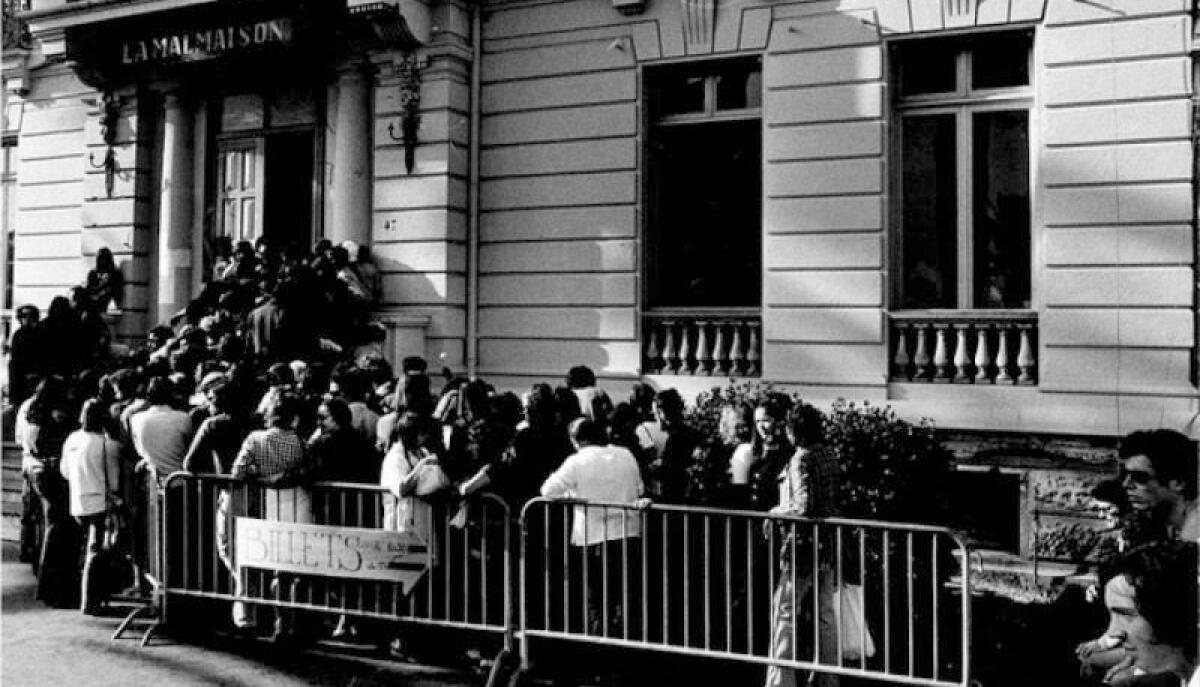As opposed to the official selection, the Fortnight is non-competitive; it brings together short, medium- and feature-length films, fiction and non-fiction, live action and animation. Only one principle guides our selection: a filmmaker’s attendance to mise en scene, and their unique mode of artistic expression.
The Fortnight values freedom of thought and the invention of new forms of dialogue, of narrative, of representation, and of editing. We are also very attentive to propositions that reinvent cinematic genres which, traditionally, have been more popular.
While the Fortnight is first and foremost a place for discovering new talent, we remain sensitive to bold works by established filmmakers. This way of bringing together different generations of filmmakers and different scales of production within a single selection is one of the trademarks of the Fortnight.
The Fortnight can also be characterised by its openness to audiences made up of non-professionals, its post-screening discussions with filmmakers, and its friendly atmosphere.
The filmmakers who have contributed to our rich history include: Werner Herzog, Rainer Werner Fassbinder, Nagisa Oshima, Martin Scorsese, Chantal Akerman, Djibril Diop Mambéty, Jim Jarmusch, Susan Sontag, Albert Serra, Lisandro Alonso, Bertrand Bonello, Alice Rohrwacher, Joshua and Ben Safdie, Hong Sangsoo, Manoel de Oliveira, Axelle Ropert, Marco Bellocchio, Béla Tarr, Claire Simon, Hou Hsiao Hsien, Francis Ford Coppola, Luc Moullet, Jacques Rivette, Claire Denis, Bong Joon-ho, Catherine Breillat, Jerzy Skolimowski, Abel Ferrara, Asia Argento, Rabah Ameur-Zaïmeche, Kiyoshi Kurosawa, Lizzie Borden, Takeshi Kitano, Mia Hansen-Løve, Alain Tanner, Danielle Arbid, Jacques Rozier, Alain Guiraudie... to name but a few.
Every year since 2002, the Fortnight has hosted the award ceremony for the Carrosse d'Or. This prize, awarded by the SRF, pays tribute to a filmmaker who has left their mark on the history of cinema. Among those filmmakers who have been honoured are: Nanni Moretti, Martin Scorsese, Ousmane Sembene, Jia Zhangke, David Cronenberg, Agnès Varda, Jane Campion, John Carpenter and Souleymane Cissé.
